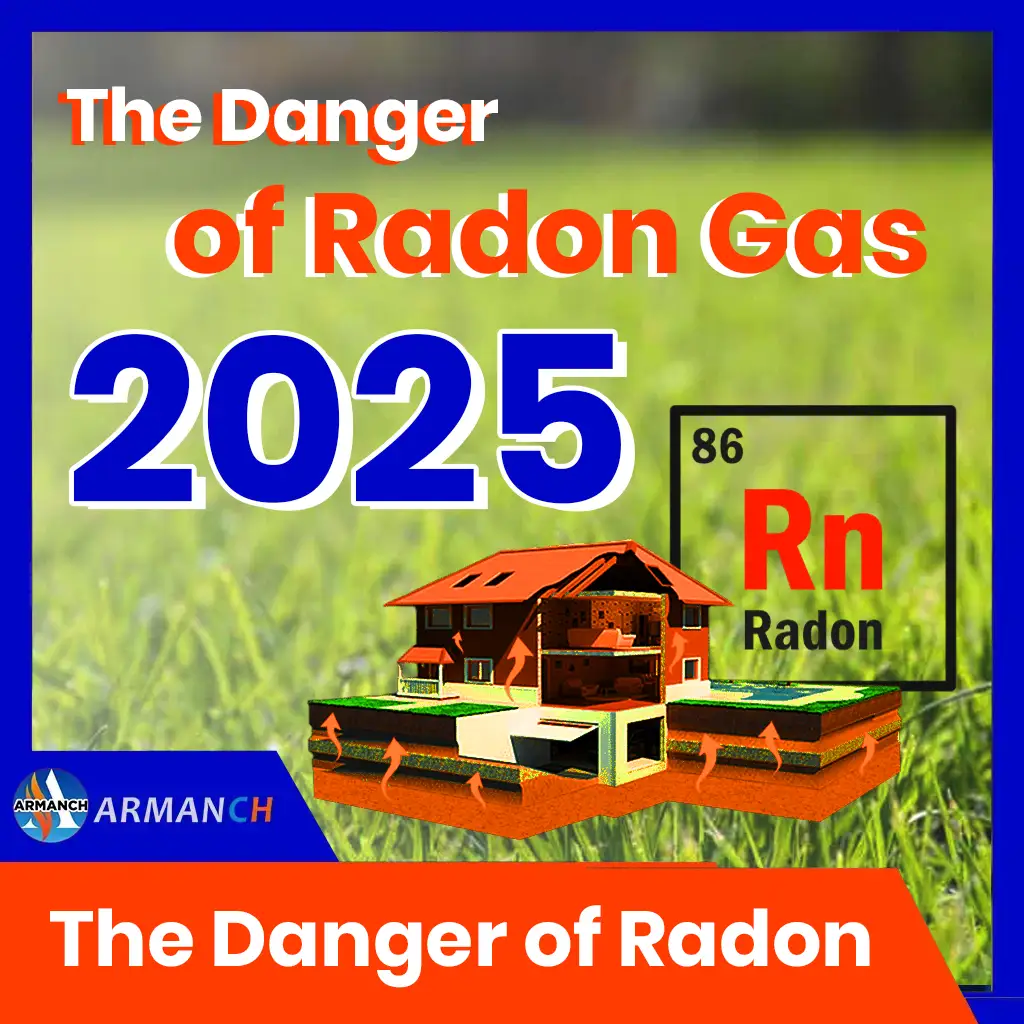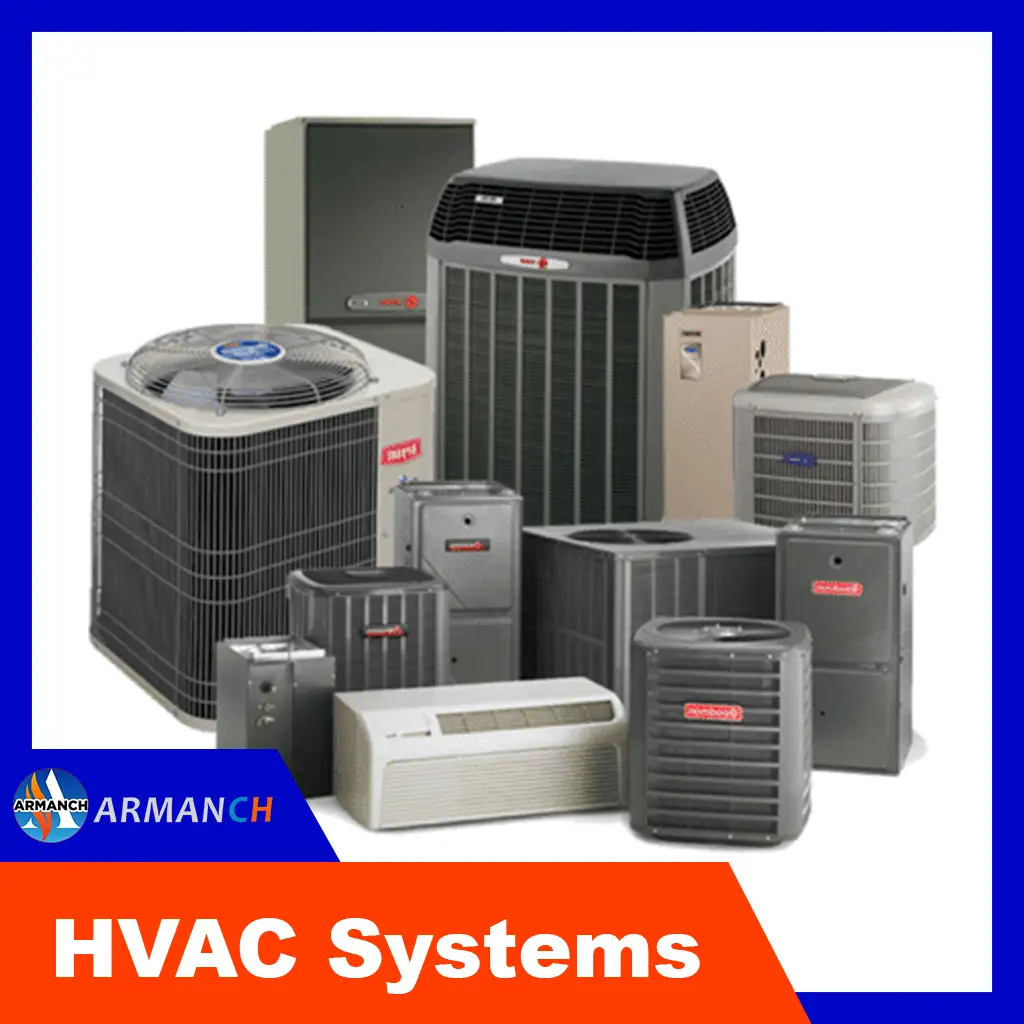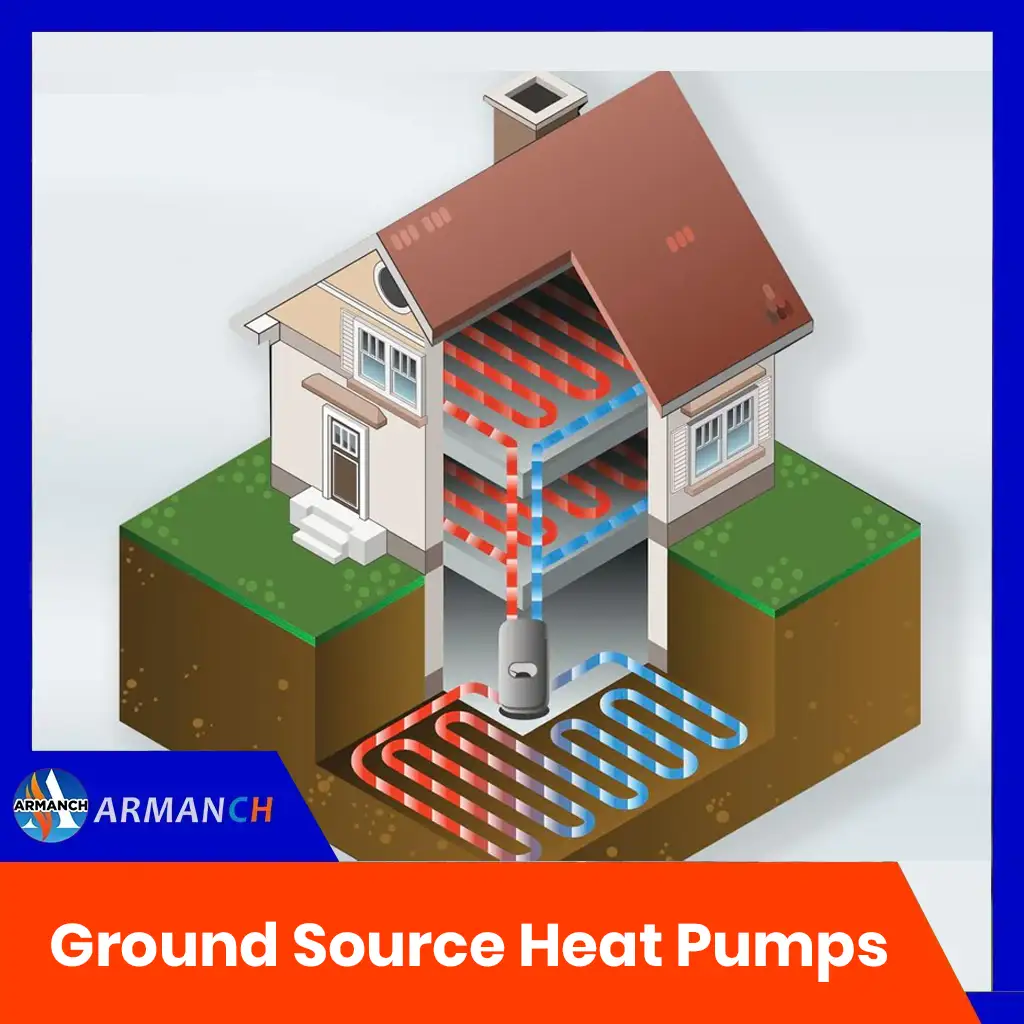
Knowledge of various HVAC systems
Understanding HVAC Systems
As technological advancements have progressed, one thing remains beyond our control – the weather. However, with the help of HVAC systems, we can regulate the temperature and maintain a comfortable environment.
HVAC systems play a vital role by managing temperature, humidity, and air quality within a building. These systems improve air quality through filtration and purification processes, creating a healthier and more comfortable atmosphere.
To comprehend the functioning of HVAC systems and the benefits they offer, let’s delve into their key components and operations.
How Does an HVAC System Work?
The core tasks of an HVAC system – regulating indoor air quality and thermal efficiency – are interconnected. Understanding that HVAC equipment is designed to move air is crucial. Operating as a unified system, the heating and cooling components work together efficiently.

Breaking down the system components:
⦁ Air conditioning unit: Utilizes refrigerant to cool air, improving comfort indoors.
⦁ Heat pump: Transfers heat, both cooling and warming the air based on external conditions.
⦁ Coils: Chill air passing through the outdoor unit using refrigerant.
⦁ Filter: Cleans air drawn in for the system to maintain peak performance.
⦁ Ducts: Transport hot and cold air throughout the building, located behind walls or ceilings.
⦁ Air return: Intake fresh air through a filter.
⦁ Thermostat: Regulates system functions and temperature settings.
⦁ Furnaces: Heat air by passing it through a combustion chamber.
⦁ Outdoor unit: Contains a fan for air circulation.
⦁ Exhaust outlets: Discharge heat from the building.
⦁ Humidity control products: Essential for maintaining optimal humidity levels for comfort and health.
⦁ Electrical components: Coordinate system operation for efficiency.
⦁ Compressor: Control the pressure of refrigerant, crucial for effective cooling.

Function of an HVAC System
A typical HVAC system cycles air, adjusting its temperature, and improving indoor air quality by removing contaminants. Humidifiers and dehumidifiers can maintain appropriate humidity levels, often reducing the need for excessive cooling.
Types of HVAC Systems
Various factors determine the type of HVAC system best suited for different buildings, such as heating and cooling requirements, existing ductwork, and location-specific conditions. Common options include:
⦁ Split System: Combines an indoor and outdoor unit for heating and cooling.
⦁ Packaged System: All components located outdoors for reduced noise and installation costs.
⦁ Ductless Mini-Split: Ideal for individual rooms without traditional ductwork.
⦁ Ducted Mini-Split: An alternative for homes with limited space for ductwork.
⦁ Hybrid Heat Pump: Integrates an electric heat pump with a furnace for efficient heating.
HVAC vs. Air Conditioning
While often used interchangeably, HVAC and air conditioning have distinct meanings. HVAC systems encompass a broader range of components for temperature and ventilation control, including air conditioners. Air conditioners solely cool buildings, whereas HVAC systems offer comprehensive indoor climate management.
In conclusion, HVAC systems play a crucial role in regulating indoor environments. By understanding the components, functions, and types of HVAC systems, you can make informed decisions to ensure comfort and efficiency in your living or working spaces. Regular maintenance is key to prolonging the lifespan of your HVAC equipment.
- HVAC-R
- Design and Permit Services
- Hydronic & Hot Water Services
- Heating and Cooling Services
- Air Conditioning Services








